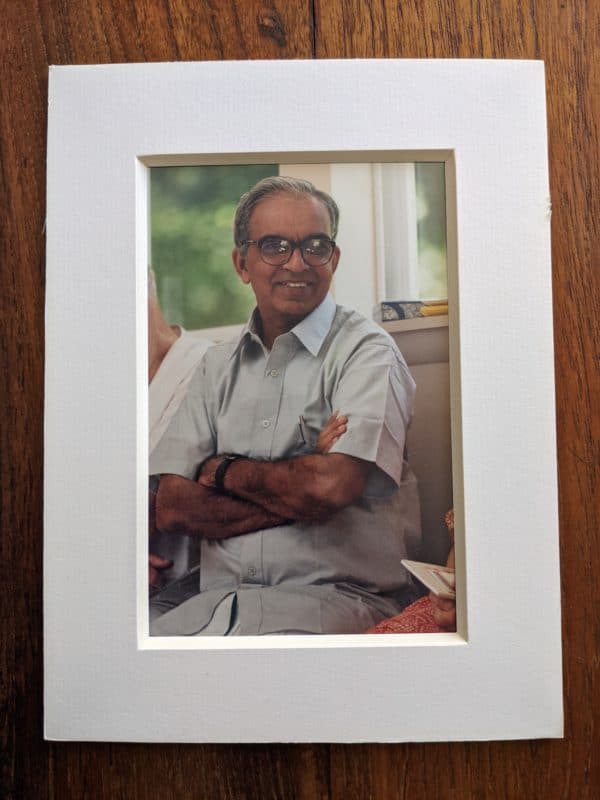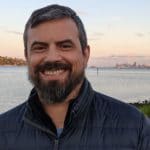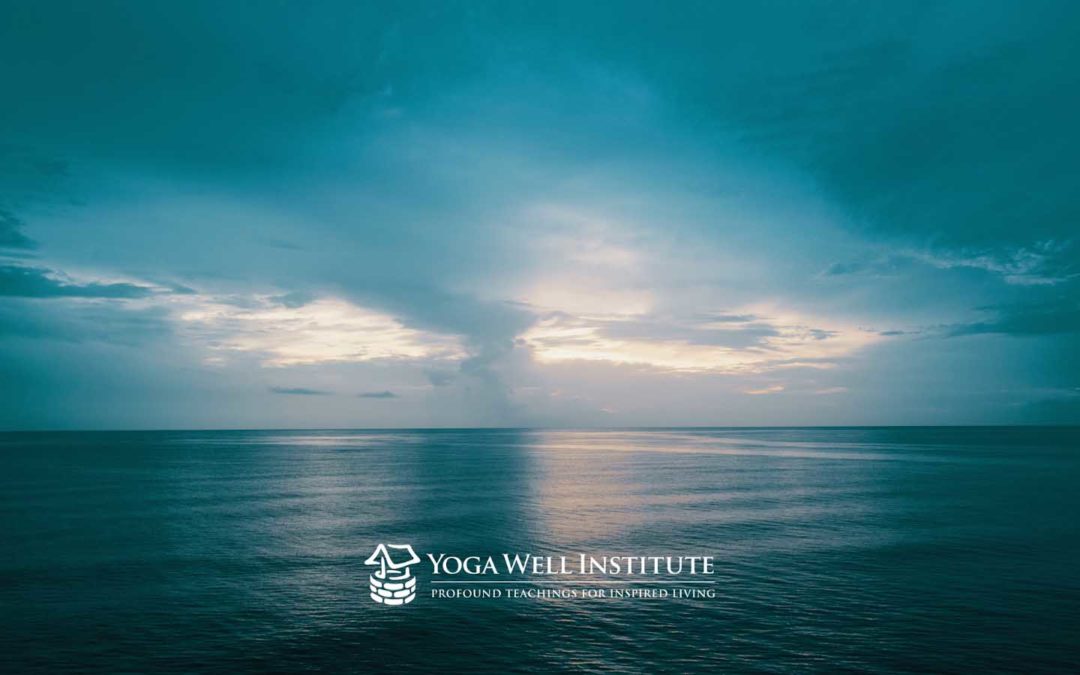At the beginning of every Yoga Well Institute class, we chant in a Vedic style in honor and remembrance of our teachers. We do this because we acknowledge Yoga’s long and distinguished history. And we value the Tradition and Lineages that have passed these precious teachings down through the ages. Studying Yoga today is only possible because of a long chain of teacher-student relationships that stretch back into time immemorial. Only because of the immense effort, care and love of those teachers is it even possible to explore our lives and ourselves through Yoga.

‘As practitioners and teachers, we should view ourselves as just one link in an ongoing chain.’
Acknowledging our teachers, and their teachers, and beyond, is important, not just for humility and truth, but because of its implications for the way we practice and teach. As practitioners and teachers, we should view ourselves as just one link in an ongoing chain. Our responsibility is not just to ourselves but also to those who came before and to those who will come after. It is also in service to them that we strive to uphold and pass on what has been passed down to us.
It is important to honor the fact that Yoga was practiced in India for at least 2,000 years before it became well-known in Western cultures. Accordingly, we recognize that Yoga techniques, as well as the systems of principles developed to explain their results in our bodies and minds, were created using Indian understandings of the human system. These understandings diverge in important ways from modern-day allopathic anatomies and physiologies. Can we really make allopathic medical models, which do not recognize foundational principles like prāṇa (life force) or puruṣa (spirit/soul), foundational to evaluating and propagating Yoga, and still call it Yoga?
We don’t think so.
We hold that to truly understand the practice of Yoga, both its purposes and its methodologies, it is imperative to understand the traditional Indian knowledge systems within which Yoga developed. Consequently, we work to make Indian anatomies like the Taittirīya Upaniṣad’s pañcamaya model, Sāṁkhya’s tattvas, haṭha yoga’s subtle anatomy, and Āyurveda the basis for understanding and practicing Yoga.
We honor what we have received and those who gave it to us by doing our best to understand the foundations of it and to remain consistent with its spirit in our own practices and teaching. This is our ongoing commitment to the Viniyoga Lineage and the Tradition of Yoga.
Looking for more?
To hear more fresh perspectives on what Yoga is, how it transforms the body and mind, and liberates your life tune into the Yoga Well Podcast! Within the Yoga Well Podcast we will share teachings from the Viniyoga lineage of Mr. TKV Desikachar, while exploring Yoga as a way of being that is practiced both on the mat and in our everyday life.


Chase Bossart
M.A., C-IAYT, E-RYT 500
Executive Director of the Yoga Well Institute, Chase has been studying Yoga, Sanskrit, eastern philosophy and religion for nearly 30 years. He had the opportunity to personally study with Mr. TKV Desikachar and serve as a teacher at the Krishnamacharya Yoga Mandiram.



